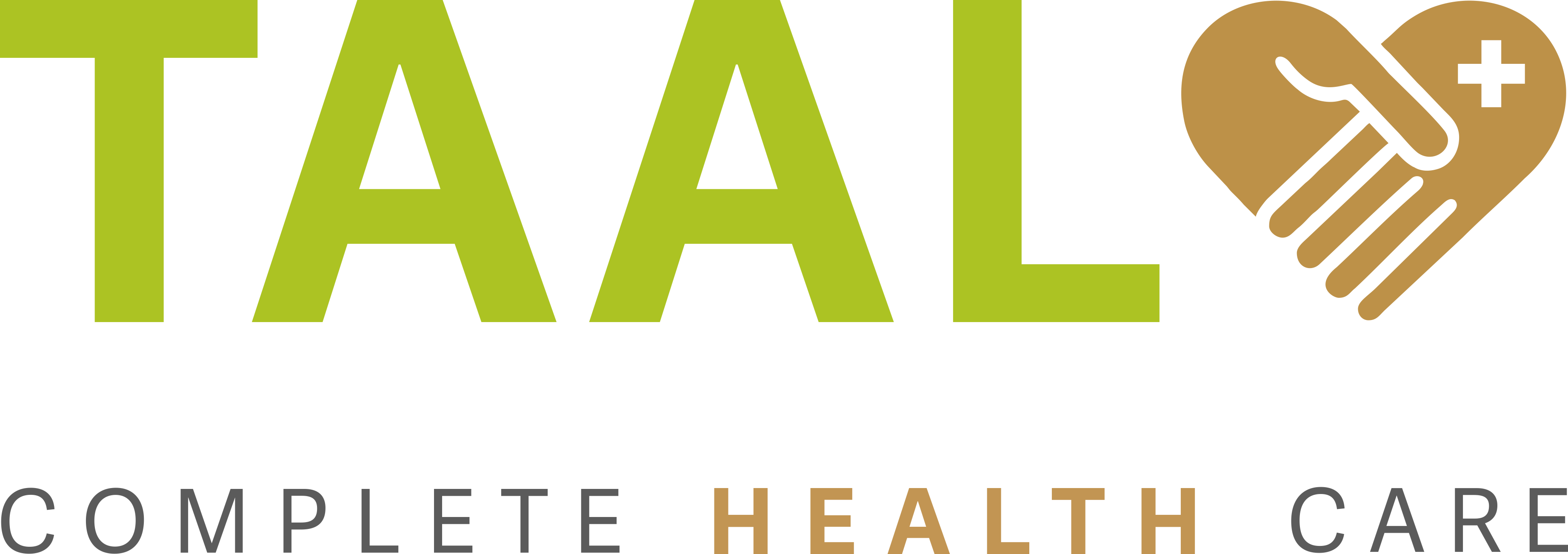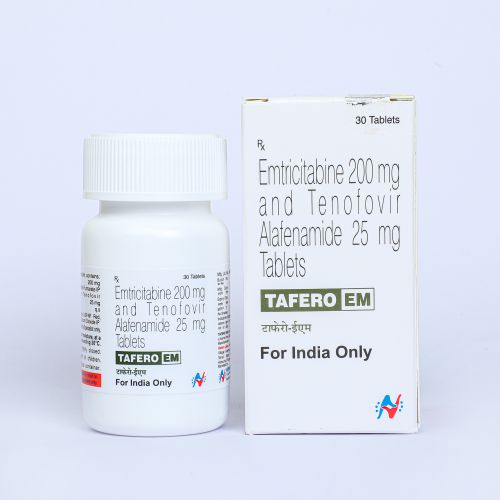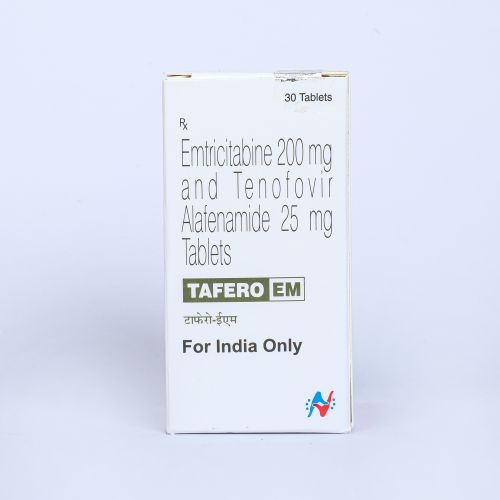HIV and Cardiovascular Risks
Managing HIV and Cardiovascular Risks
Hand in Hand
Over the years, medical advancements have led to the development of antiretroviral therapy (ART), which has significantly improved the prognosis and life expectancy of people living with HIV. However, HIV can still have various impacts on health, including potential cardiovascular risks.
Cardiovascular risks in people with HIV can be influenced by several factors:
Inflammation
HIV infection can lead to chronic inflammation in the body. This chronic inflammation may contribute to the development of atherosclerosis (the buildup of fatty plaques in arteries), which is a major contributor to cardiovascular diseases such as heart attacks and strokes.
Antiretroviral Therapy (ART)
While ART has greatly improved the health of individuals with HIV, some of the medications used in ART can have metabolic side effects. Certain drugs may lead to changes in lipid (cholesterol and triglyceride) levels and glucose metabolism, increasing the risk of cardiovascular disease.
Traditional Risk Factors
People with HIV may also have an increased prevalence of traditional cardiovascular risk factors, such as smoking, hypertension, diabetes, and obesity. These risk factors can further contribute to the development of cardiovascular disease.
Immune Activation
Persistent immune activation due to HIV infection can contribute to inflammation and oxidative stress, both of which are linked to cardiovascular disease.
Co-Infections
HIV-positive individuals might have a higher likelihood of co-infections, such as hepatitis C virus (HCV) or human papillomavirus (HPV), which could also increase the risk of cardiovascular disease.
Drug Use and Lifestyle Factors
Some individuals with HIV engage in substance abuse, which can increase the risk of cardiovascular disease. Unhealthy lifestyles, such as poor diet and lack of exercise, can also contribute.
Given these factors, healthcare providers often monitor cardiovascular health in people with HIV and consider interventions to reduce cardiovascular risk:
Regular cardiovascular risk assessments – Healthcare providers evaluate traditional risk factors, such as blood pressure, cholesterol levels, and blood sugar levels.
Lifestyle modifications – Encouraging healthy lifestyle choices, including exercise, a balanced diet, smoking cessation, and limited alcohol consumption.
Medication management – Adjusting antiretroviral medications if necessary to minimize metabolic side effects.
Cardiovascular disease prevention – Prescribing medications like statins or aspirin to manage cardiovascular risk factors, as appropriate.
This plan is generalized and personalized affordable plan will be developed with expert consultations as per your health conditions.
Online Pharmacy
India's leading digital consumer healthcare platform
Specialized in HIV, Hepatitis A, Hepatitis B
















